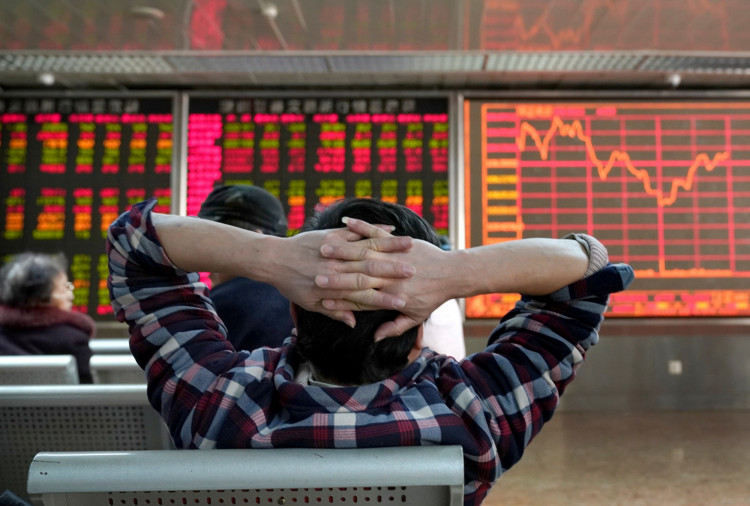The recent trading frenzy and stock listings in China over the past few months have skyrocketed Shanghai's Star Market tech innovation board into second position globally in terms of total funds raised, with the Star Board inching closer to the current global leader, the NASDAQ, and well ahead of its sister exchange in Hong Kong.
As China's economy slowly reopens, the pent-up demand for stock trading has sent shares soaring over the past months. This in turn has encouraged more tech companies to list on the tech innovation board, which is the brainchild of Chinese President Xi Jinping.
Since its launch back in July last year, the Star Market has attracted some of the country's most promising tech startups. This year, the board has raised a total of around $14.1 billion from initial public offerings (IPOs) and secondary listings. According to official data, the Star Market has closed a total of 66 deals so far in 2020.
The largest and latest listing on the board was the massive secondary listing launched by China's largest chipmaker, Semiconductor Manufacturing International Corp (SMIC). The company, which is already listed in Hong Kong, managed to raise more than 46.3 billion yuan, or roughly US$6.6 billion, making it the mainland's largest share sale in over a decade.
The NASDAQ in New York, which has managed to raise more than US$18 billion through 60 closed deals, remains the global leader, while the Hong Kong Stock Exchange trails behind in third place with a total of US$13.8 billion raised.
Analysts at Atta Capital point out that the recent rally in Chinese stocks has lifted investor sentiment, resulting in more tech startups now looking into listing on the Star Market. The Shanghai Stock Exchange has also implemented a series of supporting policies that effectively loosened listing requirements and made the process of listing on the Star Market much easier and faster.
China's adoption of a registration-based IPO system, which is much more market-driven, has also made it much easier for companies to get listed. Even those that have yet to make a profit are also allowed to list on the board. The Shanghai Stock Exchange puts an emphasis on prioritizing listings for companies involved in key industrial technologies such as artificial intelligence, semiconductor manufacturing and biotech.
Over the past two weeks, fundraising activity on the Star Market has exploded, dominating the onshore A-share market. The frenzy has pushed the Shanghai Composite Index up by about 13 percent since the start of July. The upswing in the Chinese market and trading sentiment was also uplifted by the influx of foreign capital via the Stock Connect Program.





